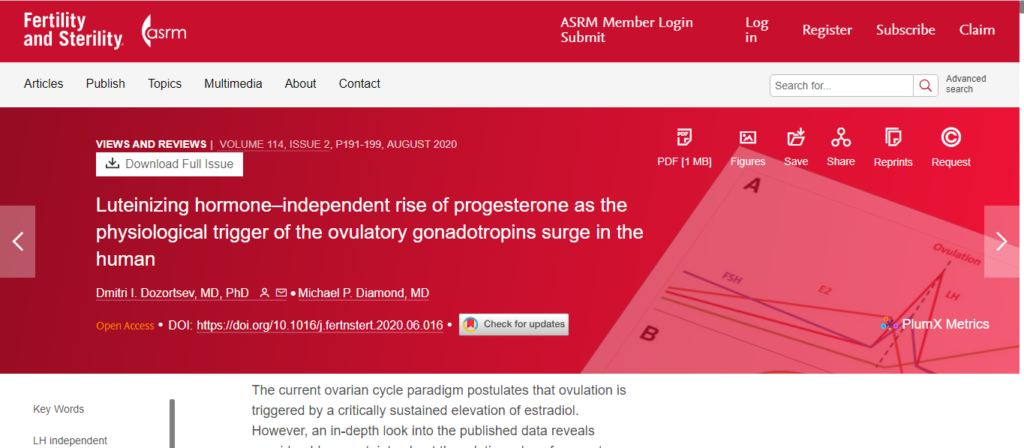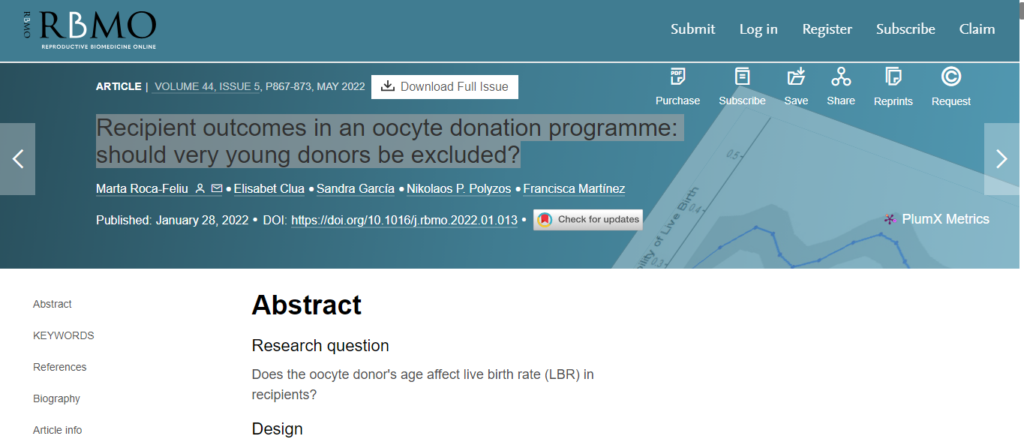Endometriosis & Fertility: Diagnosis and Treatment Options
What Is Endometriosis?
How Endometriosis Affects Fertility
Endometriosis may reduce your chances of getting pregnant in several ways:
- Inflamed or blocked fallopian tubes
- Ovarian cysts (endometriomas) that damage egg quality
- Pelvic adhesions that distort reproductive anatomy
- Inflammatory environment that prevents implantation
- Hormonal disruption affecting ovulation and uterine receptivity
Even women with mild or “silent” endometriosis may have difficulty conceiving — especially if no other cause is found.
Common Symptoms (Even Without a Diagnosis)
Do any of these sound familiar?
- Painful periods or heavy bleeding
- Pelvic pain during sex or bowel movements
- Chronic bloating or digestive issues
- Difficulty getting pregnant despite regular cycles
- Prior history of ovarian cysts, fibroids, or “unexplained infertility”
If so, it’s worth a closer evaluation for possible endometriosis.
How We Diagnose Endometriosis at AFCT
We use a combination of non-invasive and advanced diagnostic tools:
- Pelvic ultrasound & Doppler imaging
- Saline sonohysterogram (SIS)
- Hysteroscopy or laparoscopy (when indicated)
- Fertility hormone & inflammation testing
- Ovarian reserve and egg quality evaluation
We also evaluate how endometriosis may be impacting implantation, egg development, and IVF outcomes.
Fertility Treatment Options for Endometriosis at AFCT
At AFCT, we tailor your treatment based on your goals, age, symptoms, and severity of disease. We do not follow a one-size-fits-all protocol — instead, we offer:
Minimally Invasive Treatment
- Hormonal support to regulate cycles and reduce inflammation.
- Strategic use of GnRH agonists or other medications to suppress endometrial activity before IVF.
- Anti-inflammatory protocols and antioxidant therapy through Lisanne Wellness.
Fertility-Focused Surgery
- We offer access to expert laparoscopic surgeons when removal of endometriosis lesions or cysts is needed to improve IVF or IUI outcomes
- Surgery is often considered for:
- Endometriomas (ovarian cysts)
- Tubal obstruction
- Pelvic adhesions or frozen pelvis
- Failed IVF due to suspected pelvic disease
IVF with Endometriosis-Specific Protocols
- Freeze-All IVF cycles to bypass inflammation during fresh transfer
- Tailored stimulation protocols to protect egg quality
- Estrogen priming and thin lining support
- Embryo biopsy with PGT-A when needed
- We treat many patients who have failed IVF elsewhere due to unrecognized or undertreated endometriosis.
- Shape
Minimally Invasive Treatment
- Hormonal support to regulate cycles and reduce inflammation.
- Strategic use of GnRH agonists or other medications to suppress endometrial activity before IVF.
- Anti-inflammatory protocols and antioxidant therapy through Lisanne Wellness.

Fertility-Focused Surgery
- We offer access to expert laparoscopic surgeons when removal of endometriosis lesions or cysts is needed to improve IVF or IUI outcomes
- Surgery is often considered for:
- Endometriomas (ovarian cysts)
- Tubal obstruction
- Pelvic adhesions or frozen pelvis
- Failed IVF due to suspected pelvic disease

IVF with Endometriosis-Specific Protocols
- Freeze-All IVF cycles to bypass inflammation during fresh transfer
- Tailored stimulation protocols to protect egg quality
- Estrogen priming and thin lining support
- Embryo biopsy with PGT-A when needed
- We treat many patients who have failed IVF elsewhere due to unrecognized or undertreated endometriosis.
- Shape
Integrative Fertility Support
- Anti-inflammatory nutrition
- Endometrial microbiome support
- Acupuncture and lymphatic drainage
- Targeted supplement protocols
Integrative Fertility Support
- Anti-inflammatory nutrition
- Endometrial microbiome support
- Acupuncture and lymphatic drainage
- Targeted supplement protocols
Who We Help
We specialize in supporting:
- Women with suspected but undiagnosed endometriosis
- Patients with confirmed endometriosis struggling to conceive
- Women with endometriomas, blocked tubes, or unexplained infertility
- Patients with prior failed IUI or IVF attempts
Take the Next Step
If you’re struggling with infertility and think endometriosis may be a factor — or have already been diagnosed and are looking for real solutions — we are here to help.



